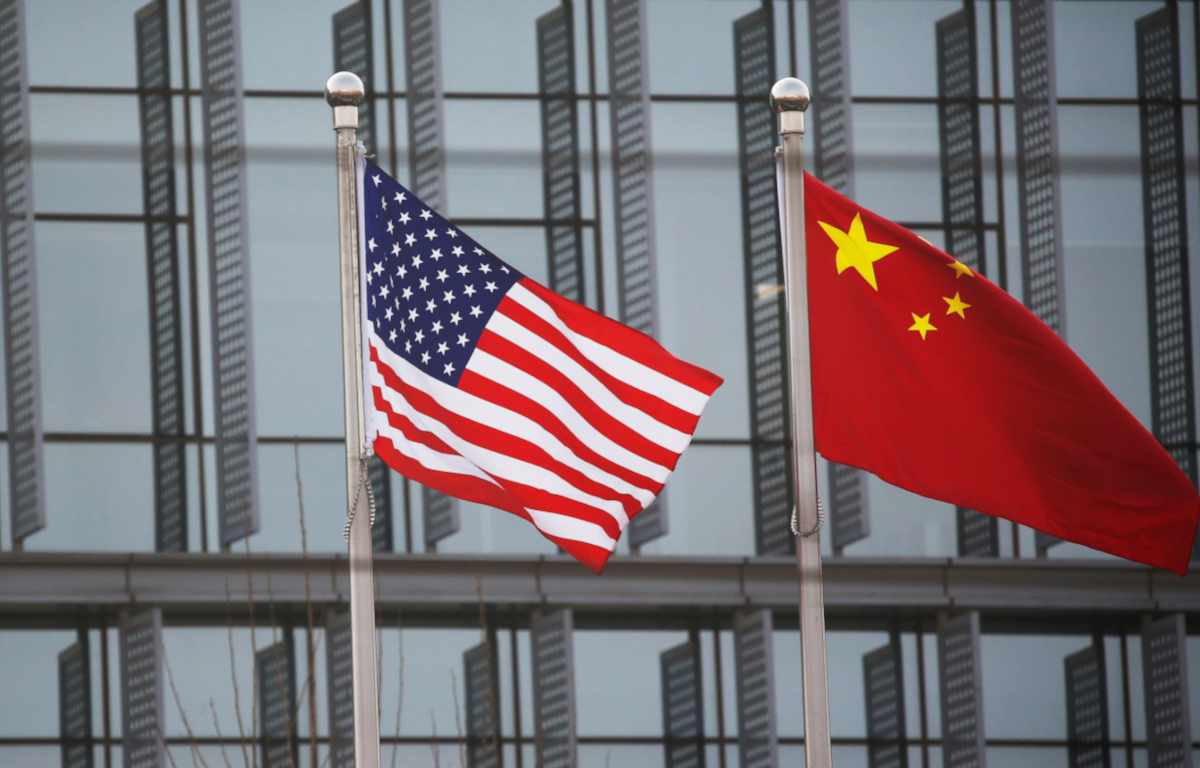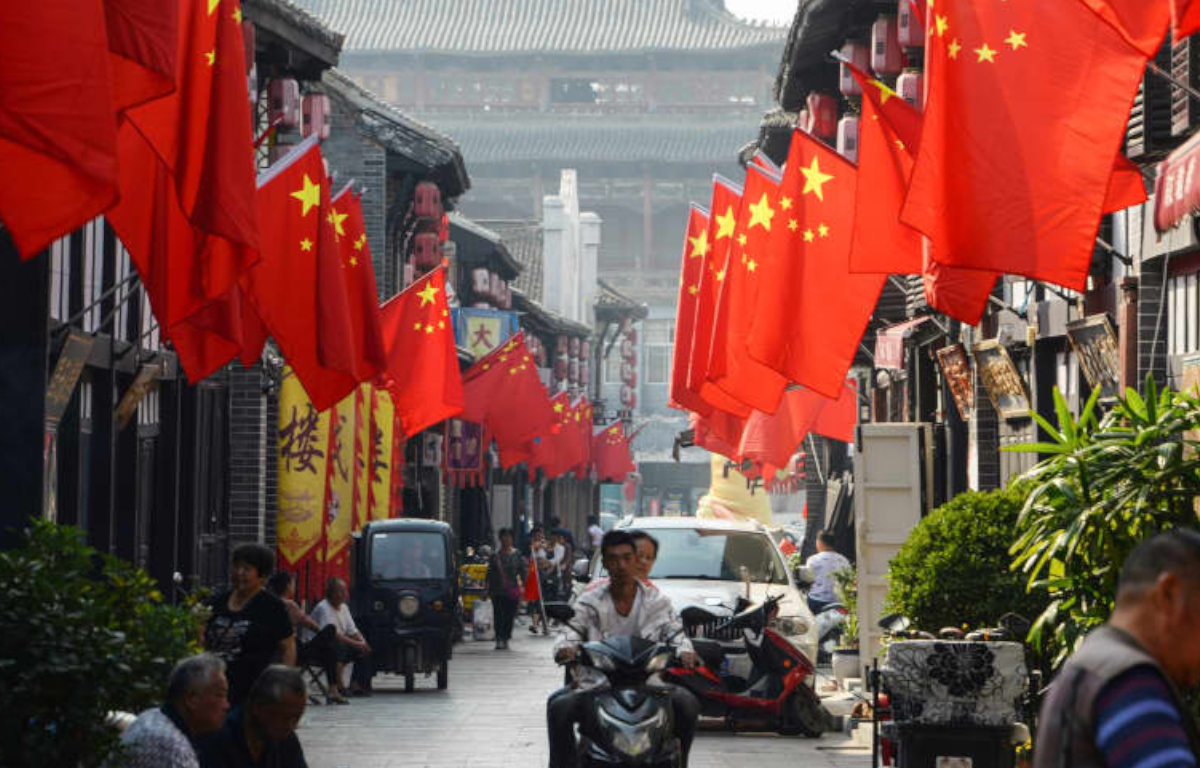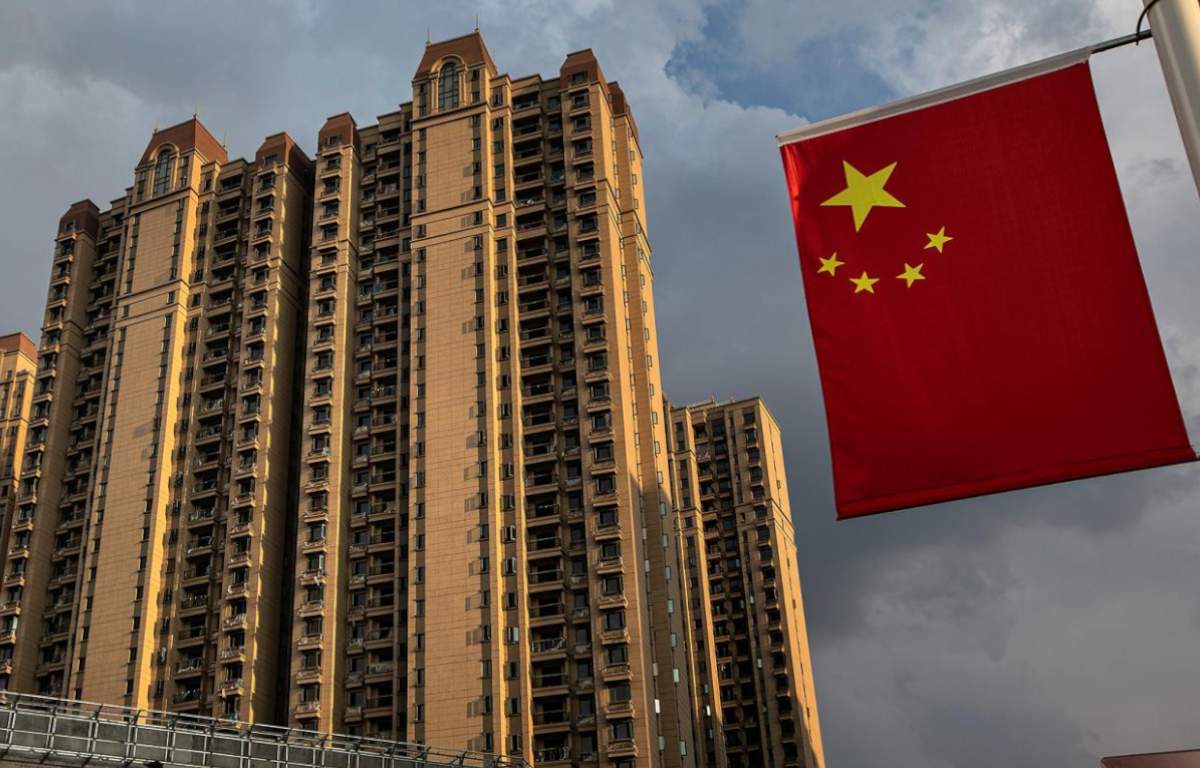
China’s economic growth, initially driven by market-oriented reforms and increased foreign investments, catapulted it into the status of the “world’s factory.” It rapidly became a manufacturing hub and initiated massive infrastructure projects, all of which formed the bedrock of its economic prowess.
Yet, the recent tide of economic troubles casts a shadow over this ascent. A notable issue is the deceleration of economic growth. The double-digit GDP growth that was once synonymous with China’s economy is waning, signifying the complex transition from an export-driven model to a consumption-based one.
Equally concerning is the mounting debt. The accumulation of corporate and local government debt, while facilitating growth, poses a potential financial crisis. Managing this debt while sustaining growth is a formidable challenge.
Additionally, China faces a demographic shift with an aging population that could strain its workforce and social support systems. The country’s ambition to be a global tech leader is met with strong technological competition from the United States, exemplified by the trade tensions between the two giants.
Environmental degradation, another predicament, has prompted China to address its ecological concerns, though this transition could impact certain industries. Moreover, the nation’s assertive geopolitical stance and controversies around human rights have invited international criticism, affecting its global image.
These economic challenges resonate geopolitically. While an abrupt decline in China’s significance seems unlikely, its ability to maintain an unchecked ascent is now under scrutiny. It might be compelled to recalibrate its foreign policy, potentially shifting focus from expansive projects like the Belt and Road Initiative to more targeted economic collaborations.
Neighboring nations might sense an opportunity to assert themselves regionally, potentially reshaping Asia’s power dynamics. Furthermore, China’s potential to present itself as a reliable global leader might be hampered if its economic hurdles persist. The possibility of domestic instability due to economic challenges could also redirect the Chinese government’s priorities inward.
China’s economic trajectory from a secluded economy to a global juggernaut is a remarkable feat. However, the current economic predicaments signal a crossroads. While an immediate reversal of China’s geopolitical influence isn’t inevitable, these challenges mark a turning point. How China navigates these complexities will not only determine its own destiny but also sculpt the landscape of global geopolitics.










Share this: